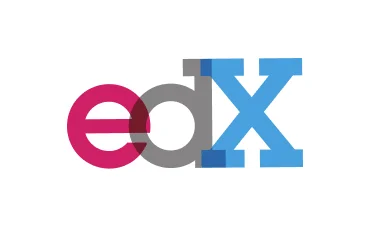When you enroll through our links, we may earn a small commission—at no extra cost to you. This helps keep our platform free and inspires us to add more value.

WisconsinX: Introduction to 21st Century Skills
The Introduction to 21st Century Skills course is for faculty and other postsecondary instructors who want to improve how their students are learning four “21st century skills”, communication, teamwork, critical thinking, and self-motivated learning. This course provides a foundation in instructional design and how these skills are best viewed in cultural terms, with practical tips for how to best design and teach college-level courses and programs that cultivate these complex competencies. This course is part 1 of a 3-course program.

Popular Courses
This Course Includes
 edx
edx 0 (0 reviews )
0 (0 reviews ) 3 weeks at 4-6 hours per week
3 weeks at 4-6 hours per week english
english Online - Self Paced
Online - Self Paced course
course WisconsinX
WisconsinX
About WisconsinX: Introduction to 21st Century Skills
Learn how to teach communication, teamwork, critical thinking, and self-motivated learning — four 21st-century skills strongly linked to student success. College educators and administrators gain a strong foundation in the theory, research, and practical applications of these crucial skills in both face-to-face and online college courses. You also examine skills frameworks, critiques of these frameworks, instructional design principles, and the science behind each of the four skills. The course features tips and strategies for teaching these skills in online courses, with a focus on instructional design, teaching, and assessment within online modalities.
What You Will Learn?
- Develop a working knowledge of limitations with the dominant “soft skills” and “career readiness” discourses and the widespread emphasis on work-based learning (e.g., internships), and why they pose problems for students’ job prospects, equity, and overall success.
- Develop an appreciation for how skills in the “real-world” are routinized, situation-specific sequences of action considered normal and acceptable to particular social communities – or what we call “cultural scripts” - and what this means for teaching and learning.
- Understand key principles of instructional design and how to structure a course syllabus, individual lesson plan, or strategic plan to emphasize skills acquisition.
- Understand the theory and research evidence supporting the value of communication, teamwork, critical thinking, and self-regulated learning, and different ways that cultural scripts that include these skills can be effectively taught in online or in-person settings.
- Synthesize and apply your new knowledge by diagnosing and then transforming a curricular artifact of your own – whether it be an entire course syllabus or a single lesson plan – to prominently feature one or more cultural scripts in your discipline.